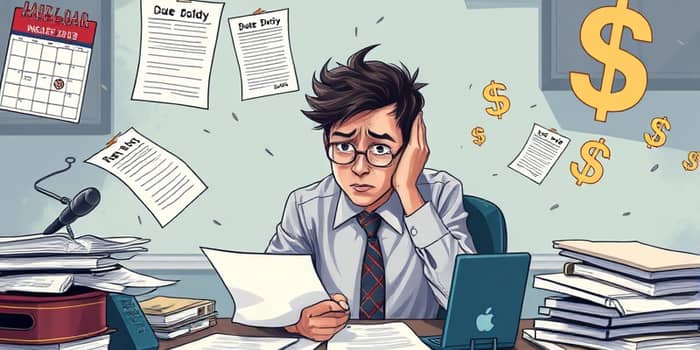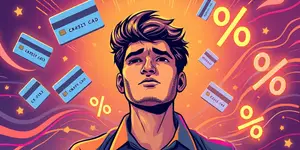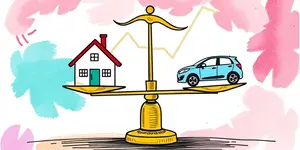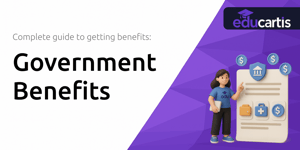Payday loans have become a quick fix for those facing unexpected expenses or temporary cash shortages. While these short-term loans may seem like a convenient way to bridge a financial gap, they often carry hidden pitfalls that can deepen financial stress.
In this article, we will explore what payday loans entail, why they pose serious risks, and most importantly, what practical alternatives exist to help you avoid a spiraling cycle of debt.
Understanding Payday Loans
A payday loan is a short-term, high-cost loan typically for amounts under $500, designed to be repaid with your next paycheck. These loans are structured with a repayment term of two to four weeks from the date of borrowing.
Borrowers can receive funds in cash, by check, electronic deposit, or on a prepaid card. Repayment usually occurs in a single lump-sum transaction via a post-dated check or automatic debit from a checking account.
Hidden Dangers and Financial Strain
At first glance, payday loans offer easy access to cash without lengthy credit checks. However, their appeal masks several serious dangers:
- High interest fees that translate into annual percentage rates exceeding 300%.
- A tendency to trap borrowers in a debt cycle due to rollovers and additional fees.
- Exacerbation of financial instability through repeated overdraft charges.
- Lack of thorough credit checks, leading to loans given without assessing repayment capacity.
For example, a $100 loan with a $15 fee over two weeks carries an APR of approximately 390%. Borrowers who cannot repay on time often renew or roll over the loan, paying another fee and increasing the total cost.
More than 80% of payday loans are rolled over, with some borrowers taking out 11 or more consecutive loans. Each renewal compounds the cost, making it nearly impossible to escape without additional financial hardship.
Repeated withdrawal attempts by the lender can trigger multiple bank overdraft fees. This scenario underscores how quickly a single payday loan can evolve into mounting monthly expenses beyond the original loan amount.
Alternatives to Payday Loans
Before resorting to a payday lender, consider more sustainable and affordable options. These alternatives can save you money and protect your financial health:
- Credit unions and community banks offering short-term loans with lower APRs.
- Personal installment loans featuring longer repayment terms and reasonable interest rates.
- Government assistance programs tailored to emergencies, such as utility bill relief or nutritional support.
- Building and tapping into an emergency fund for small, unforeseen expenses.
Each alternative has its own eligibility criteria and application process, but they often carry far fewer risks than high-cost payday loans.
Regulations, Protections, and Practical Tips
Regulatory frameworks at the state and federal levels seek to curb predatory lending practices, but protections vary widely.
- State laws may cap loan amounts and fees, with some states banning payday lending altogether.
- Federal rules by the CFPB limit the number of automated withdrawals lenders can make from a borrower’s account.
- Consumer advocacy groups often provide resources and counseling services for debt management.
To further safeguard your finances, consider these practical steps:
- Set up a small recurring transfer into a savings account to build your emergency cushion.
- Negotiate payment plans with service providers before considering a high-cost loan.
- Explore credit-builder loans or secured credit cards through community financial institutions.
Moving Forward with Financial Resilience
While payday loans can provide immediate relief, the long-term impact often undermines financial goals and personal well-being. By exploring safer alternatives, understanding your rights, and adopting proactive budgeting strategies, you can break free from high-cost borrowing.
Building financial stability starts with small, consistent actions—whether that means setting aside spare change each week, comparing loan options, or seeking professional guidance. Over time, these efforts lay the foundation for greater confidence and freedom in managing life’s unexpected challenges.
Take control of your financial future today by researching lower-cost lending options, connecting with trusted community resources, and committing to an achievable savings plan. Your journey toward lasting financial health begins with informed decisions and the courage to choose alternatives that support your long-term goals.
References
- https://www.consumerfinance.gov/ask-cfpb/what-is-a-payday-loan-en-1567/
- https://www.experian.com/blogs/ask-experian/how-payday-loans-work/
- https://www.nerdwallet.com/article/loans/personal-loans/what-is-a-payday-loan
- https://en.wikipedia.org/wiki/Payday_loan
- https://www.investopedia.com/terms/p/payday-loans.asp
- https://debthammer.org/payday-loan-debt-statistics/
- https://www.debt.org/credit/payday-lenders/
- https://bettermoneyhabits.bankofamerica.com/en/debt/what-is-a-payday-loan










